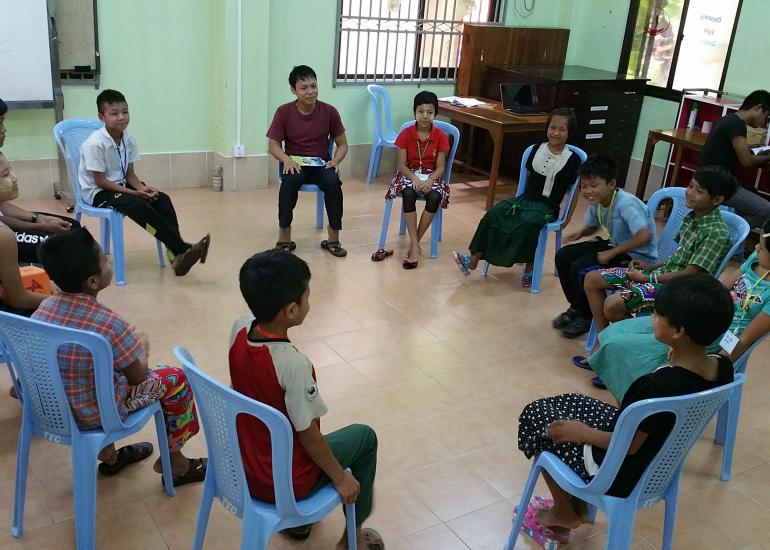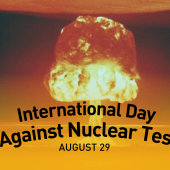International Day of Education

Education is a human right, a public good, and a public responsibility. The United Nations General Assembly proclaimed January 24 as International Day of Education in celebration of the role of education for peace and development.
Today, 258 million children and youth still do not attend school; 617 million children and adolescents cannot read and do basic math, according to UN records.
Education is a human right
There is a saying, “To educate oneself, a person is never old.”
The right to education is enshrined in Article 26 of the Universal Declaration of Human Rights. The declaration calls for free and compulsory elementary education. The Convention on the Rights of the Child, adopted in 1989, goes further to stipulate that countries shall make higher education accessible to all.
Challenges to achieving universal education
Education offers children a ladder out of poverty and a path to a promising future. But millions of children and adolescents around the world do not have the opportunity to enter or complete school.
Reasons that hinder education
Wars and conflicts are among the main reasons that hinder children and young people to grow in learning and to be educated.
People in conflict zones are looking for safe places and are filled with fears whether the locations where they presently stay are safe of not.
Poverty and the children
Without sufficient provision for physical nourishment, numerous children, especially in developing countries lack the opportunities for education. Many of them have to work for the survival of their families. Many of them have to leave their native places behind and work as migrant workers in other countries. Their right to education is being violated and it is unacceptable.
Without inclusive and impartial quality education and lifelong opportunities for all, countries will not succeed in achieving in breaking the cycle of poverty that is leaving millions of children, youth, and adults behind.
Due to the coronavirus pandemic, learning at home allowed many parents to understand their children better. Education has become digitized and an abundance of free training courses have also become available.
But this type of online learning is still difficult for children who have to survive day-to-day and those in remote areas. They cannot afford access to digitized and online learning. Many of them have to depend on home learning with the assistance of undergraduate people.
These are the conditions of education, especially for children and young people in the refugee camps in conflict zones.
Although many children and young people are able to learn online, thousands of them in developing countries are waiting for the reopening of schools and universities.
In Myanmar, the Catholic Church is looking forward to the re-opening of schools. Church leaders are seeking to play greater role in revitalizing Myanmar's long neglected education system.
Cardinal Charles Bo of Yangon has called for the return of more than 80 Catholic schools that were nationalized by the former military junta in 1965.
Cardinal Bo said the schools "were taken at gunpoint" and he has campaigned, with other Christian leaders, over the issue.
In the 1950s, Myanmar was considered by many to be the best-educated nation in Southeast Asia because of the quality of education provided by Christian schools. - Saw Hubert / RVA News
Radio Veritas Asia (RVA), a media platform of the Catholic Church, aims to share Christ. RVA started in 1969 as a continental Catholic radio station to serve Asian countries in their respective local language, thus earning the tag “the Voice of Asian Christianity.” Responding to the emerging context, RVA embraced media platforms to connect with the global Asian audience via its 21 language websites and various social media platforms.














